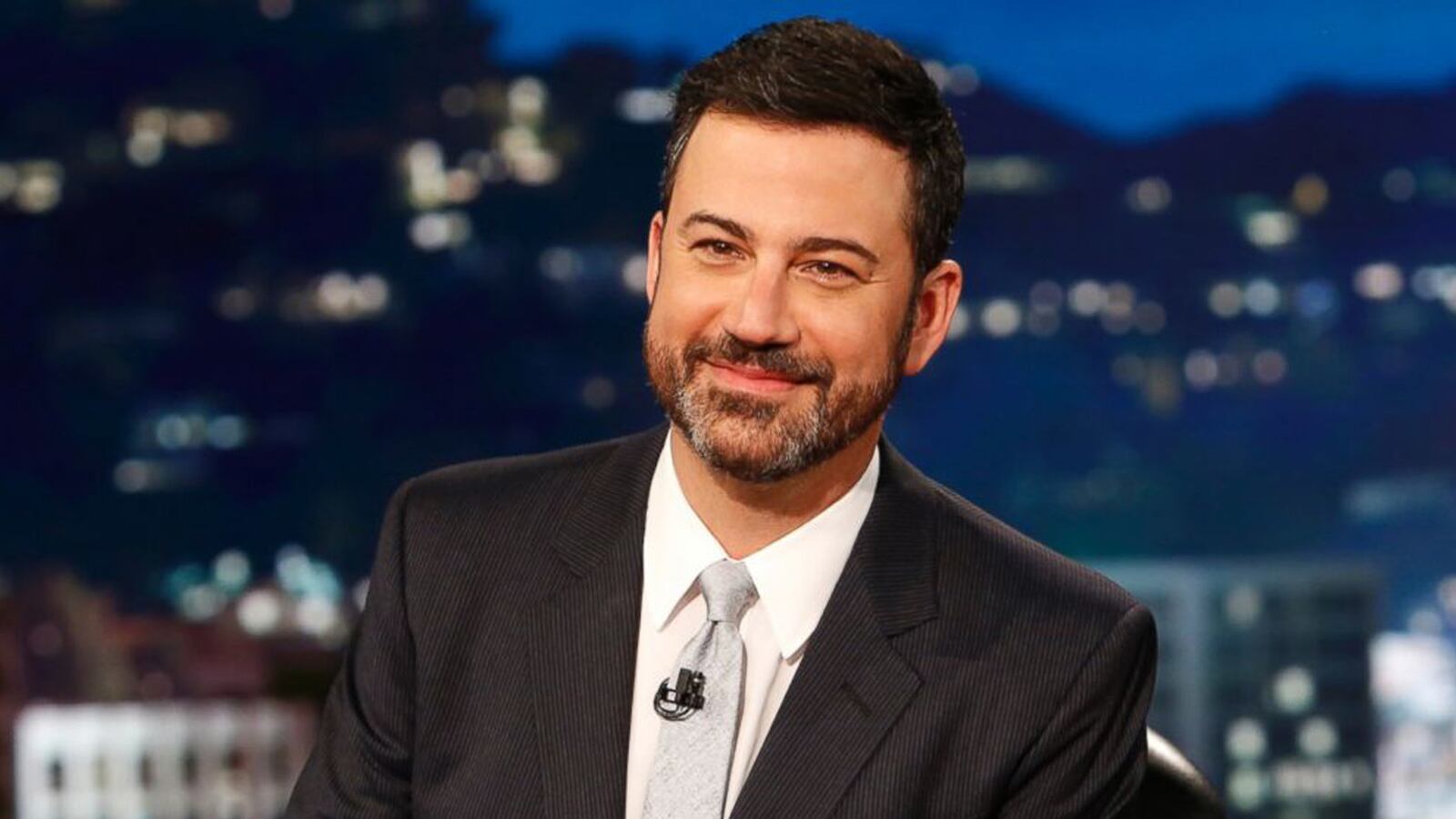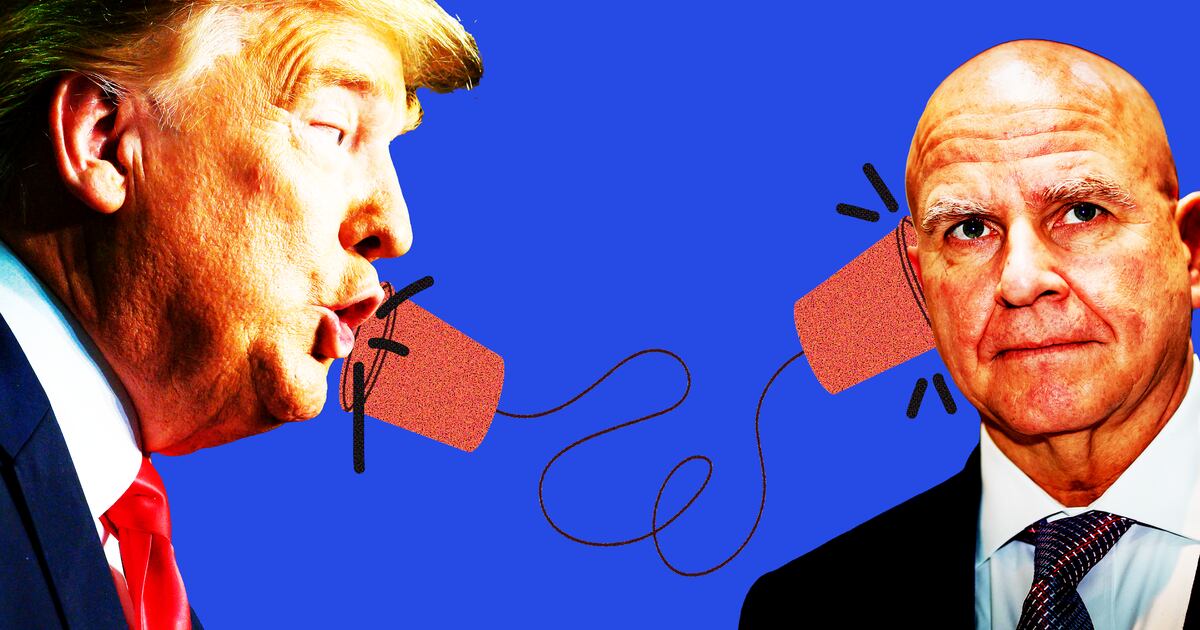Tuesday night, I waded into dangerous waters when I dared to criticize Jimmy Kimmel’s comments about health care on CNN’s Anderson Cooper 360. It is sometimes difficult to fully express nuanced opinions on TV—especially when it’s three-to-one and you’re being interrupted—so I wanted to elaborate here.
As a father, I have the utmost compassion for what Kimmel is going through. I’m also pro-life, which means I’m for protecting the little guy. And I want nothing but the best for Kimmel’s son (or anyone else’s children, for that matter). I just wish he hadn’t chosen to use this painful personal experience to make a political point.
We are in the midst of a serious public policy debate over the future of health care. That debate should be decided using facts and logic―not on the anecdotal experience of one wealthy Hollywood comedian who endured a very difficult circumstance while Congress was wrestling to fix our flawed health care system.
Anyone with an ounce of compassion will be moved by Kimmel’s emotional story, coupled with the images of his newborn. But should public policy decisions be made based on one celebrity’s experience?
While his story bestows him with the emotional high ground, does his actual premise stand up? Not so much. The clip that has gotten the most attention involves the comedian saying: “If your baby is going to die, and it doesn’t have to, it shouldn’t matter how much money you make.”
Here’s the truth: It doesn’t matter how much money you make, a baby in America is going to receive emergency care. As Politifact notes, for poor people, “Medicaid must cover necessary services for children’s physical or mental health, even if that service is not covered by Medicaid for adults in that state…”
The debate we’re having in Congress is how to handle the cost of these catastrophic events, and Kimmel’s monologue does not shed any light on that debate. The current plan (which hasn’t passed the House and would be changed in the Senate) doesn’t end coverage of pre-existing conditions. What it would do is allow states to apply for a waiver, which would require them to provide a high-risk pool.
The fundamental debate we are having is this: Can people with pre-existing conditions be adequately covered by a high-risk pool?
The answer to that question is unclear, but Kimmel’s comments do nothing to help us answer it.
Now, it’s fair to note that, in some cases, the result could be coverage that is too costly for people with pre-existing conditions to afford. This is why we have political debates and amendments—like the one introduced Wednesday to add $8 billion to help states cover the costs of pre-existing conditions. It’s possible that the GOP’s new plan, if implemented correctly, could drive down premiums for healthy Americans and still provide compassionate care for people with pre-existing conditions.
Either way, this is a moot point for Kimmel. He lives in California, a state that (I am sure) will not opt out of the current system.
Please note that, had Kimmel simply told us about his son’s condition, I wouldn’t have weighed in. He chose to make this political, and that opens the door to people examining his flawed political premise. Still, emotion trumps logic, and based on the hate email I have received, his monologue was highly effective.
Back in January, I warned Republicans that wading into the health care debate was fraught with danger. Anything that goes wrong, you own. Time and again, trying to fix health care—to make it affordable and adequate—is a thankless proposition.





